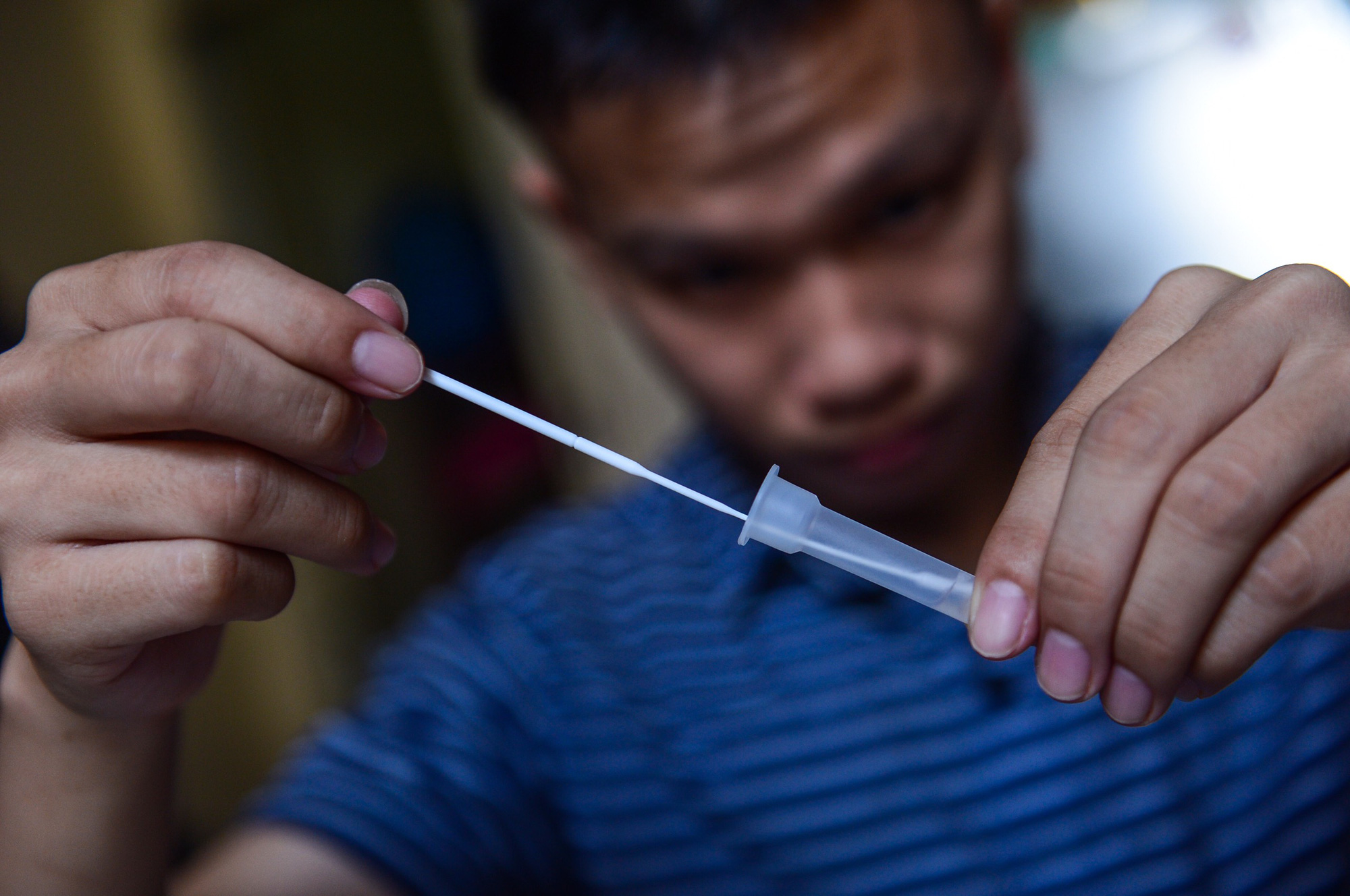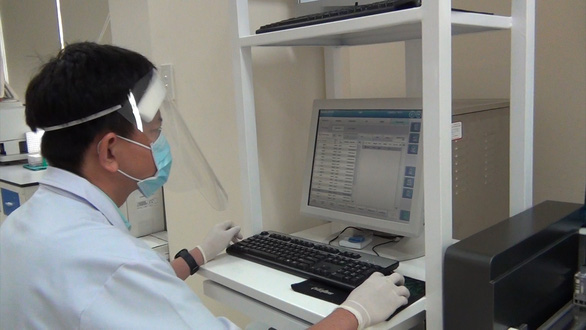Many unrecorded COVID-19 patients have wondered how to prove that they once tested positive for the novel coronavirus and recovered from the disease at home in order to sign up for a travel pass in Ho Chi Minh City’s recently-drafted plan.
The municipal Ministry of Health put forward a proposal on pandemic prevention and control in the southern city after September 15 on September 8.
The COVID-19 travel pass is one of the seven key points in the plan.
As per the draft, people fully vaccinated for at least 14 days or those having recovered from COVID-19 in the last six months will be provided with green cards, which will grant the holders permission to participate in production and social activities, depending on the pandemic control situation.
Fully vaccinated people can use their inoculation certificates to get their green cards.
Former coronavirus inpatients and documented house-bound patients can retrieve their proof of recovery via local authorities’ records, according to Phan Dinh An, chairman of Ward 6 in Go Vap District.
Meanwhile, many cases have practiced quarantine and recovered from the disease at home without reporting their conditions to local authorities.
In other instances, local authorities have failed to update home-isolated patients in their database.
Those unregistered patients have thus been confused about how they can prove their recovery.
Many of them who beat the virus recently have immunity, causing them to complain that they were senselessly requested to get a vaccine.
“Currently, many [home-treated] patients are still asked to be vaccinated against COVID-19 after their recovery, whereas it is unnecessary to give them vaccines, which should be saved for people in need,” Dr. Truong Huu Khanh, an infectious specialist at Children’s Hospital 1 in District 10, criticized.
|
|
| A doctor performs the quantitative analysis of COVID-19 antibodies after vaccination. Photo: Quyen Son / Tuoi Tre |
As a way to overcome those shortcomings, chairman An advised undocumented COVID-19 patients take an antibody test, whose result should be equivalent to a certificate of recovery from the disease.
A person infected with the coronavirus will produce antibodies which will persist in the blood, explained Dr. Tran Thanh Vinh, head of the biochemistry department at Cho Ray Hospital.
Testing blood samples of that person to look for the antibodies can determine whether they have ever contracted COVID-19.
The test is not given to people currently being infected with the virus.
“City authorities need to come up with an antibody test plan to specify which testing methods and what indexes are qualified to prove that a patient quarantined at home did recover from the disease,” Dr. Khanh suggested as he elaborated on An’s advice.
The Ministry of Health has authorized only a certain number of medical facilities in Ho Chi Minh City to perform that antibody test, including Cho Ray Hospital in District 5 and the Medic Medical Center in District 10.
“A quantitative antibody test at the center currently costs VND300,000 [US$13],” said Dr. Phan Thanh Hai, director of the Medic Medical Center.
The center is only receiving samples from other units for testing and will return results to them later, Dr. Hai said, noting that it does not provide tests directly for individuals.
“The actual price at other medical facilities can spike up to VND1 million ($44) due to accompanying medical examination costs,” Dr. Hai explained.
Meanwhile, Cho Ray Hospital said that it is seeking instructions from the Ministry of Health to list the prices of specific antibody tests.
Like us on Facebook or follow us on Twitter to get the latest news about Vietnam!




























